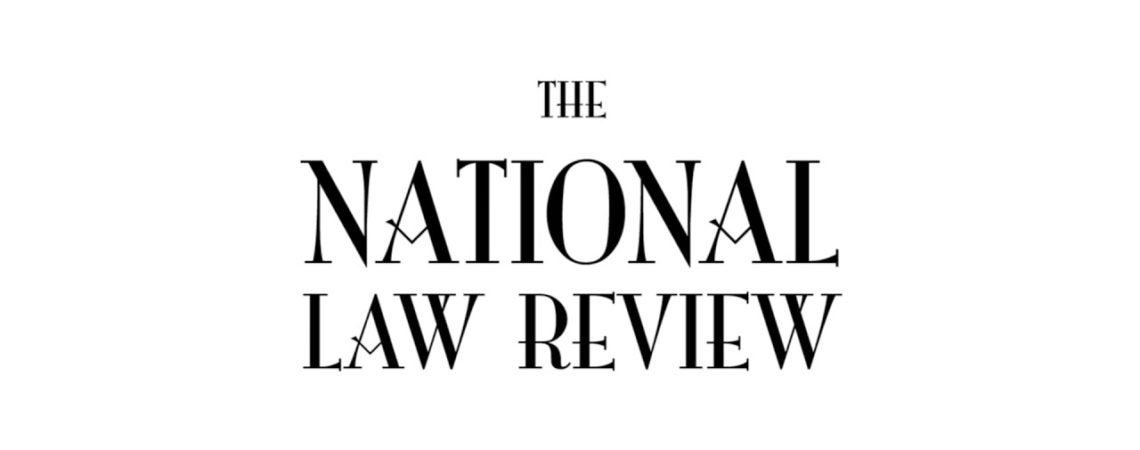Negotiations between the United Kingdom (U.K.) The government and the European Union (EU) on their post-Brexit relationship will continue into their fourth round on 1 June, following three negotiating rounds that have so far been inconclusive. If this continues, the U.K. and EU must mutually agree by the end of June whether to extend the transition period beyond 2020. If they decide not to extend, and they do not reach an agreement on their new trading terms, the U.K. will leave the EU Single Market and Customs Union on so-called World Trade Organisation terms.
It is in this context that on 19 May 2020, the U.K. Department for International Trade released details of the new U.K. Global Tariff (UKGT) regime that will apply for all goods entering the U.K. The UKGT will replace the European Union Common External Tariff (EUCET) and will come into effect once the transition period ends on 31 December 2020.
However, as the U.K. government continues talks with the EU, United States and other trade partners on potential FTAs, the UKGT could not reduce all tariffs to zero, as there would be less incentive for other countries to conclude FTAs. For instance, in strategically important industries, the UKGT will impose a 10% duty on cars, as well as tariffs on certain agricultural products such as lamb, beef, and poultry. These tariffs will likely be used as bargaining leverage in future trade talks.
To view the full article, please click here

